Seems fake
My Family Took Me on Vacation So I Could Work for Free
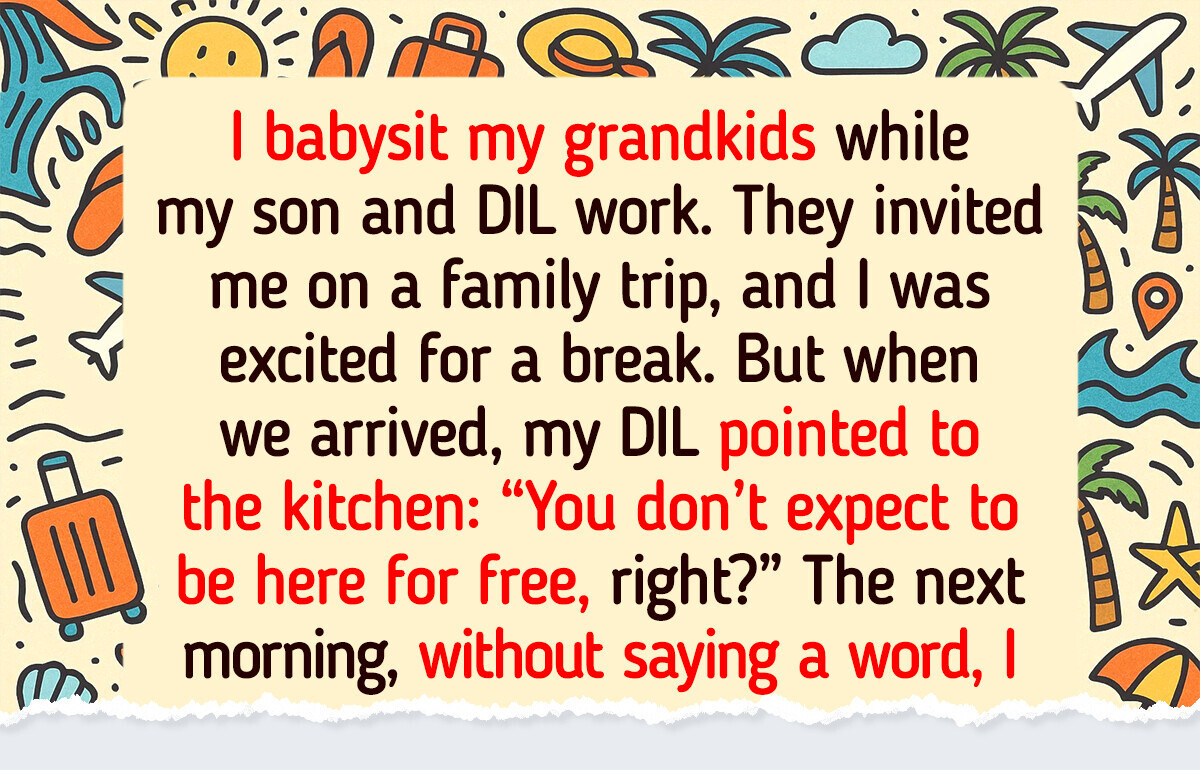
Family vacations are supposed to be a chance to relax, reconnect, and enjoy time together — not a time to feel taken for granted. But when roles are unclear, even a “gift” can carry strings. For many grandparents, offering help at home can quietly snowball into full-time expectations, with no recognition. I
t’s easy for roles to blur in families — especially when grandparents step in to help. Sometimes, what begins as a few hours of babysitting turns into unpaid, unspoken full-time labor. One grandmother found this out the hard way — on a trip that was supposed to be her break.
This is Debra’s story:
Hi Bright Side,
I babysit my grandkids while my son and DIL work. They invited me on a family trip, and I was excited for a break. But when we arrived, my DIL pointed to the kitchen: “You don’t expect to be here for free, right?”
The next morning, without saying a word, I quietly rearranged the refrigerator. I labeled everything, posted a full meal plan on the fridge, and left a clipboard with a chore schedule titled “For All Family Members — Including Me.” No one said a thing, but the expression on my DIL’s face said it all.
Now things feel tense, and I’m unsure what to do next. I want to be part of my grandkids’ lives, but I also want to be treated like family — not free help. Am I overreacting? I really need advice.
Sincerely,
Debra

If this is not AI, I would have gone home. Your DIL is a terrible person.
Thank you so much, Debra, for sharing your story — your quiet act of resistance was both clever and dignified. Many grandparents face this invisible shift: what starts as “helping out” becomes expected labor.
When appreciation turns into entitlement, the joy of giving can turn into emotional exhaustion. You’re not being dramatic — you’re asking for balance. And that’s more than fair.
Define the difference between helping and serving.
Helping is voluntary; serving without recognition is exploitation. Clarify with your family what you’re willing to do — and what crosses the line. You can say, “I’m happy to be with you, but I’d like this time to be restful for me, too.” Speaking up may feel uncomfortable, but it sets a necessary boundary.
Use humor to reclaim control.
What you did with the clipboard was brilliant — it made your point without a confrontation. Sometimes, light-hearted strategies can defuse tension while still expressing your needs. Consider maintaining that tone in follow-ups: “If I’m the chef, do I also get vacation pay?”
Talk to your son privately.
Sometimes, our children don’t realize what they’re allowing to happen. Have a private, respectful conversation with your son. Let him know you’re feeling undervalued and would like his support in creating a healthier balance with your DIL.
Choose meaningful, not mandatory, moments.
Being present doesn’t mean being constantly available. Choose the moments that feel fulfilling: reading to your grandkids, joining a meal, sharing a laugh. You deserve joyful involvement, not silent burnout. Set boundaries so you can actually enjoy the family you’re helping support.
“I worked 40 years to retire early. My grown son is unemployed and expects me to keep working to support him. I told him no. ‘You’ll regret it,’ he replied with a smirk. The next day, his girlfriend called me in a panic. She told me that my son...” Continue reading here to find out what happened next.
Comments
Related Reads
I Threw My Stepmom Out of My Dad’s House — It’s Not a Free Hotel
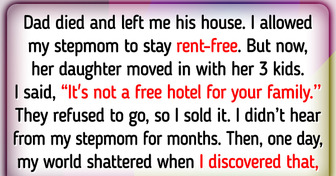
I Won't Babysit for My Sister Again After Her Abominable Act
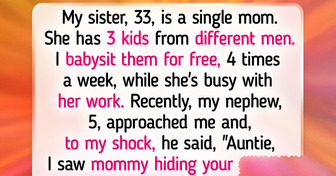
I Refused to Give Up My Seat to My DIL’s Spoiled Kid
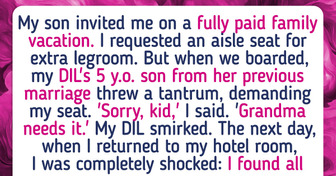
20 Family Members Who Turned Out to Be Wolves in Sheep's Clothing

My Sister-in-Law Secretly Performed a DNA Test on My Toddler

I Refuse to Let My Irresponsible Stepdaughter Exploit Her Dad

My MIL Secretly Insulted Me for Years, So I Recorded Her — My Husband’s Reaction Was Priceless
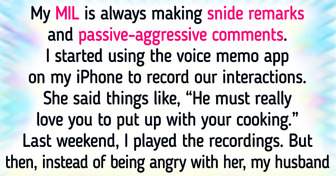
My Stepchildren Treated Me Like a Stranger, So I Dropped the Shattering Truth

My DIL Excluded Me From Her “Family” Dinner—So I Served a Payback She Won’t Forget
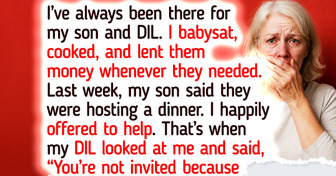
18 Stories That Prove Living in an Apartment Is Like Having a Front-Row Seat to a Comedy Show
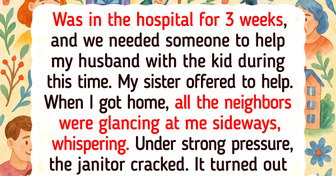
16 Harsh Life Moments Where Kindness Changed Everything Unexpectedly

14 People Who Just Went With the Flow and Ended Up With a Story Worth Telling



